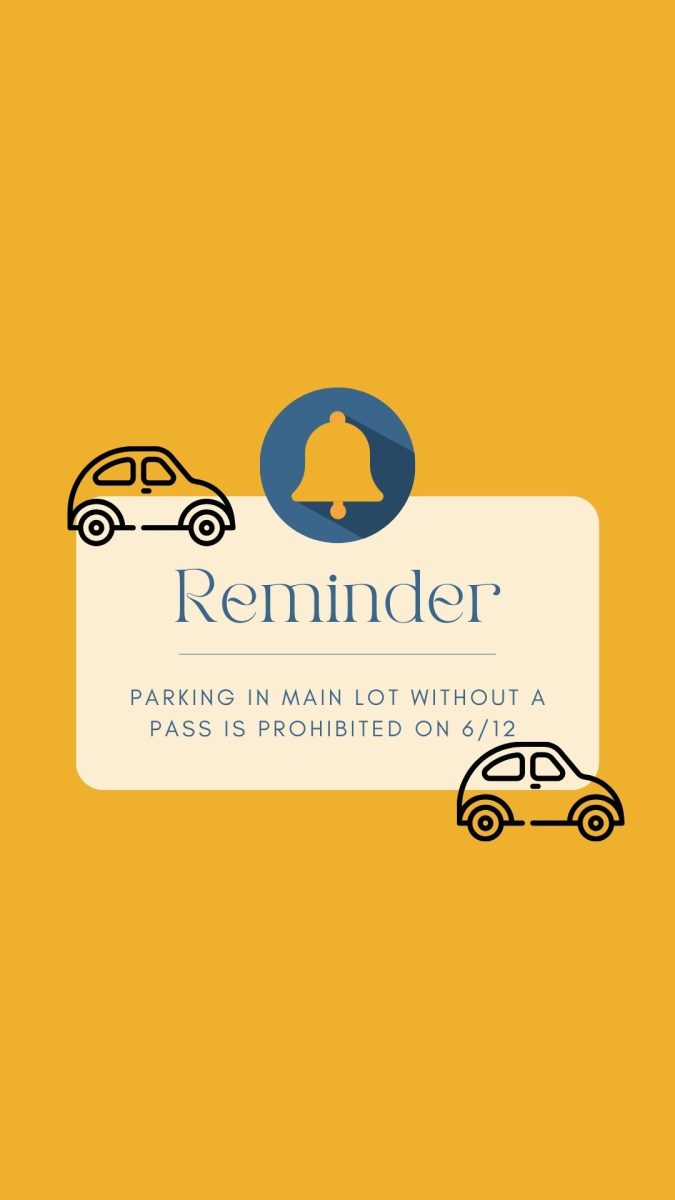
“I could never write a book,” is an all too common thought among most people. The truth of the matter is, everyone is made of stories, and everyone could tell one if they wanted to. The only problem is the ever looming “Where do I even start?” As someone who had that exact same question, but somehow pushed through it, I’m going to share my #1 tip to start off on the right foot when writing a book: having an outline.
What is an outline?
An outline can look different for every writer, but all of them have the same basic concept. An outline displays your story in a quick, easy, and understandable way, so that when the time comes to sit down and actually write, you aren’t going in blind. Some writers prefer to go in without an outline, simply seeing where the story takes them. As someone who didn’t have an outline for the first book I wrote and did for the second, I can safely say that my outline was my saving grace.
How do you write an outline?
Every individual writer is going to have their own system of organization, and that’s okay. Just because you like to see your thoughts differently doesn’t mean that you are any less of a writer. For me, I have a fairly simple system.
1. First and foremost, you need a story idea. It doesn’t matter if it’s not solid when you first think of it. If the idea is worth novelizing to you, it’s more than good enough.
2. Once you have it, you’ll want to choose what to write in. I use Google Docs, so I start by making a separate doc and titling it ‘Outline’. But a lot of people use Word, or Paper.
3. At the top of the page, I recommend writing a synopsis of your work. Not one you’d see on the inside of a book cover, but similar to a summary like you might find online, including all the spoilers and juicy details. You don’t need to gate-keep from yourself. If you have an idea: WRITE. IT. DOWN.
4. Once you have a brief (or however long you need it to be, mine is about two pages) summary, it’s time for the chapter breakdown. This is where you get to be creative and start fully fleshing out your story. Again, many writers do it differently, but I recommend writing out chapter numbers and a bulleted list of what will happen in each chapter. If your book has multiple POVS, this is also a good opportunity to help yourself organize which chapters will be told by who. Here’s an example of how I like to organize my outlines:
Chapter : 1
POV: *insert character name here*
- Make a bulleted list of what needs to happen in your chapter.
- If you have any paragraphs or lines in mind, be sure to write them down so you don’t forget them
- Continue this pattern for the rest of the chapters.
5. Finally, it’s time to write. After all the hard work, it’s finally time to put your outline to the test. Another very important thing to remember as you start writing is: don’t panic. Things are going to go differently than you planned in your original outline. As you write, you’ll get different ideas and new perspectives that will shape how you want to continue your story, so don’t stress if something changes. Your outline is there to guide you, not to hold you back. The real magic in your writing will happen no matter what. Happy writing!















Matt Sherwood
Jan 27, 2023 at 3:54 am
Nice recommendation!